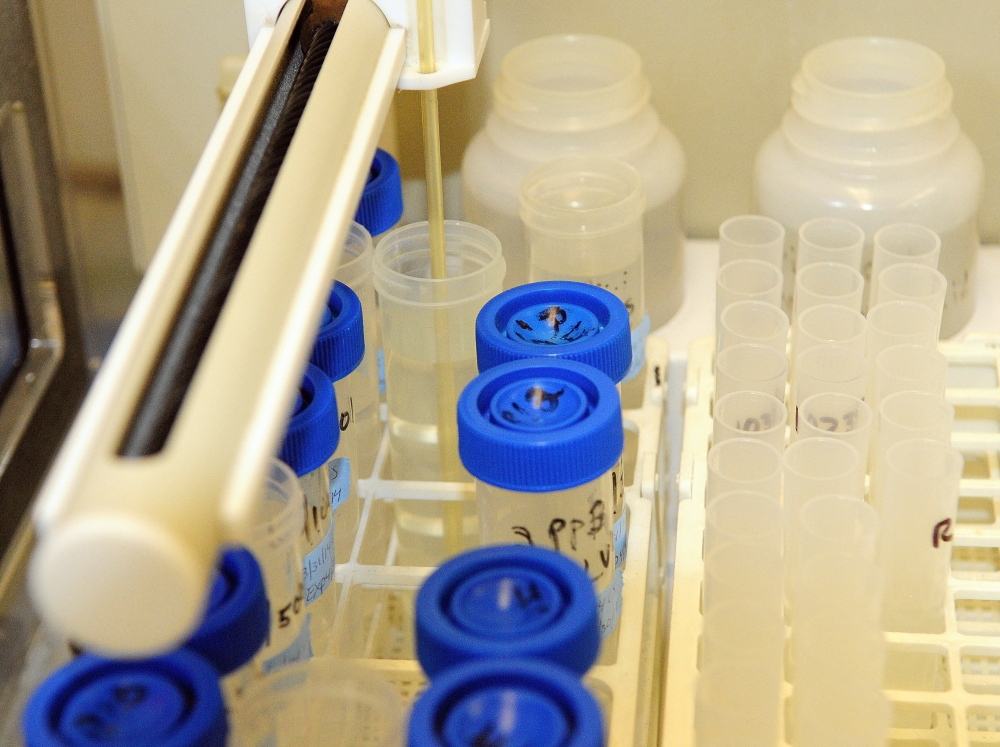The release of a study linking arsenic in Maine water wells to lower IQs in local schoolchildren should have spurred action. Instead, only a little more than a year later, the state is headed in the wrong direction.
First, Gov. LePage vetoed L.D. 1162, which would have funded well-testing outreach and education through a new, small fee. Then, the LePage administration opted against reapplying for a $300,000, two-year federal grant with much the same purpose.
With 150,000 Maine residents potentially drinking hazardous water from untested wells, the state could have used both funding sources to spread awareness and increase the testing rate. Instead, they’ll get neither, with the administration saying that the work will continue under existing resources.
If the governor has a plan for completing the same level of work with far less money, he should spell it out. Otherwise, it appears he is all but ignoring what is proving to be a major public health issue.
PRIVATE WELLS
About 40 percent of Mainers use private wells, and about a quarter of those wells contain arsenic at levels higher than the federal standard for drinking water.
Arsenic has long been linked to health problems, including different forms of cancer, and last year researchers from Columbia University connected even low levels of arsenic to lower IQs in elementary school students in Kennebec and York counties and Down East.
Arsenic can be filtered out of well water if it is detected, but more than half of Mainers on wells have not had a test done. Many are not even aware that they should.
The most effective and time-tested methods for raising testing rates include a combination of media campaigns, public service announcements, personal and localized outreach in arsenic “hot spots,” and vouchers or discounts to incentivize testing.
That work was underway in four counties through the federal grant. Much of the first year was spent training staff and building partnerships, with the idea that the grant would be continued past the first two years. But still, according to a state report, the program was progressing well by the end of last year.
STATE DROPPED OUT
By then, however, the LePage administration was already beginning to dismantle it. First, the Department of Health and Human Services ordered an end to the program’s distribution of free well-testing kits. Later, the department decided not to reapply for the grant.
Barely a year into a brand-new initiative, funded by a grant the administration itself had applied for, they’d already decided it wasn’t going to work.
Worse, by the time LePage vetoed L.D. 1162, saying it was paying for “work that is already being done,” he knew that work would have to be done without the grant, too.
That’s the wrong approach for an issue that has an impact on health care and education costs, to say nothing of the quality of life for many Mainers. We should be putting more public resources into solving this problem, not taking them away.
Send questions/comments to the editors.



Success. Please wait for the page to reload. If the page does not reload within 5 seconds, please refresh the page.
Enter your email and password to access comments.
Hi, to comment on stories you must . This profile is in addition to your subscription and website login.
Already have a commenting profile? .
Invalid username/password.
Please check your email to confirm and complete your registration.
Only subscribers are eligible to post comments. Please subscribe or login first for digital access. Here’s why.
Use the form below to reset your password. When you've submitted your account email, we will send an email with a reset code.